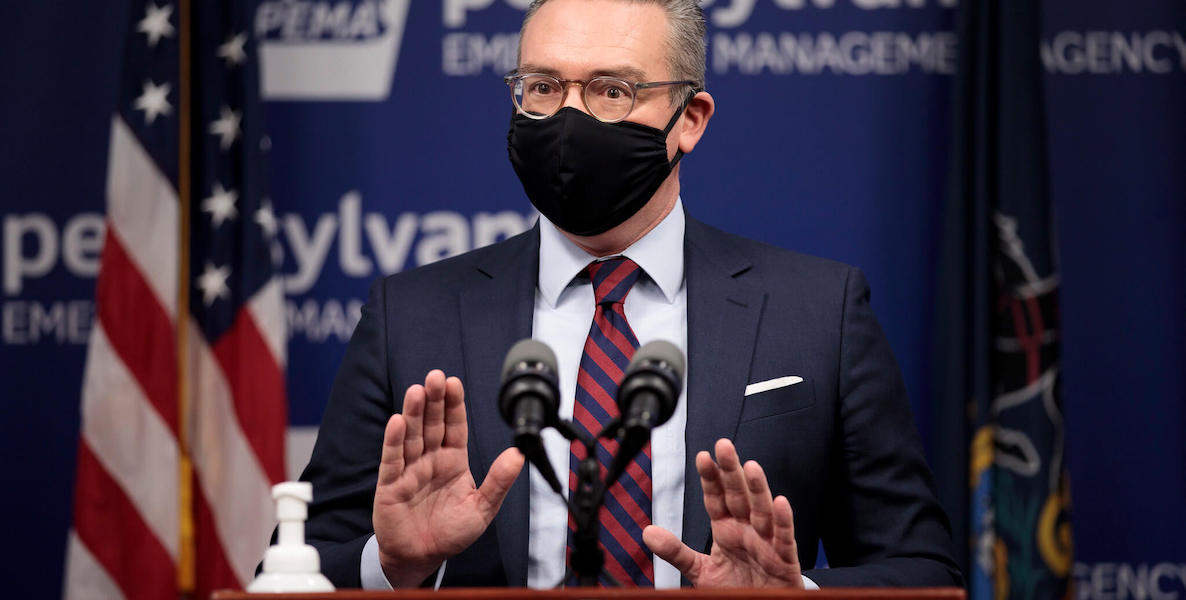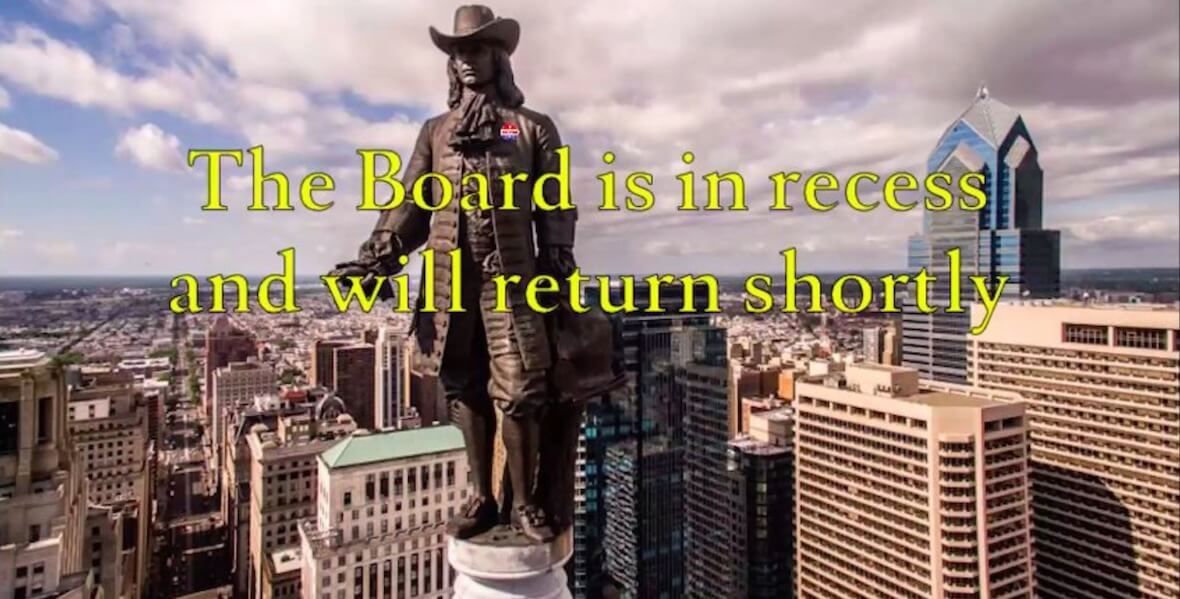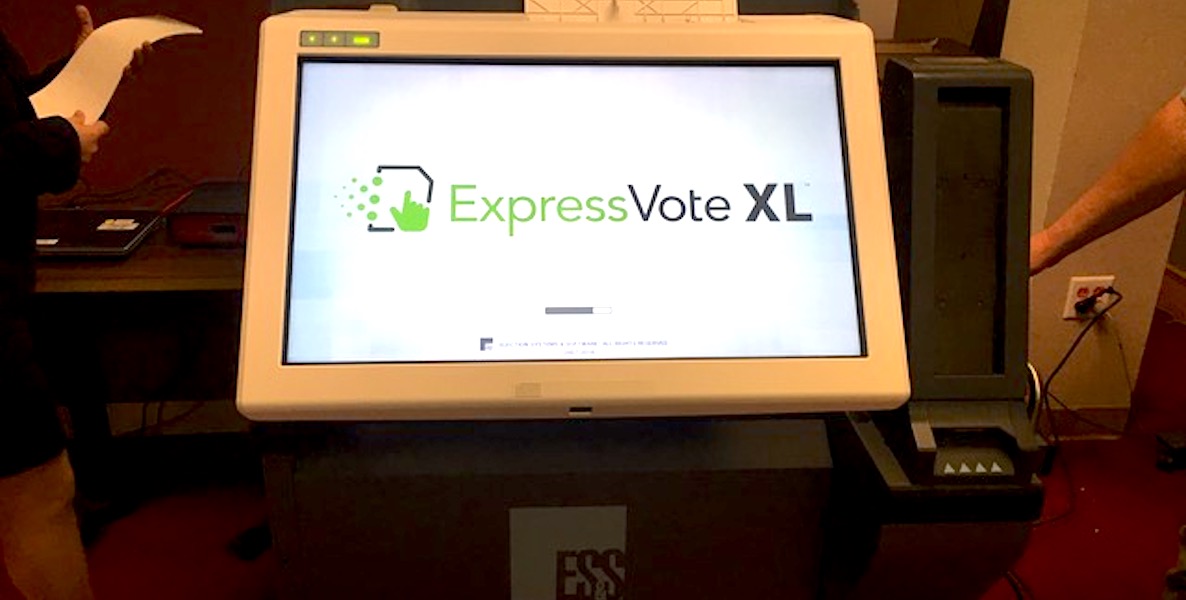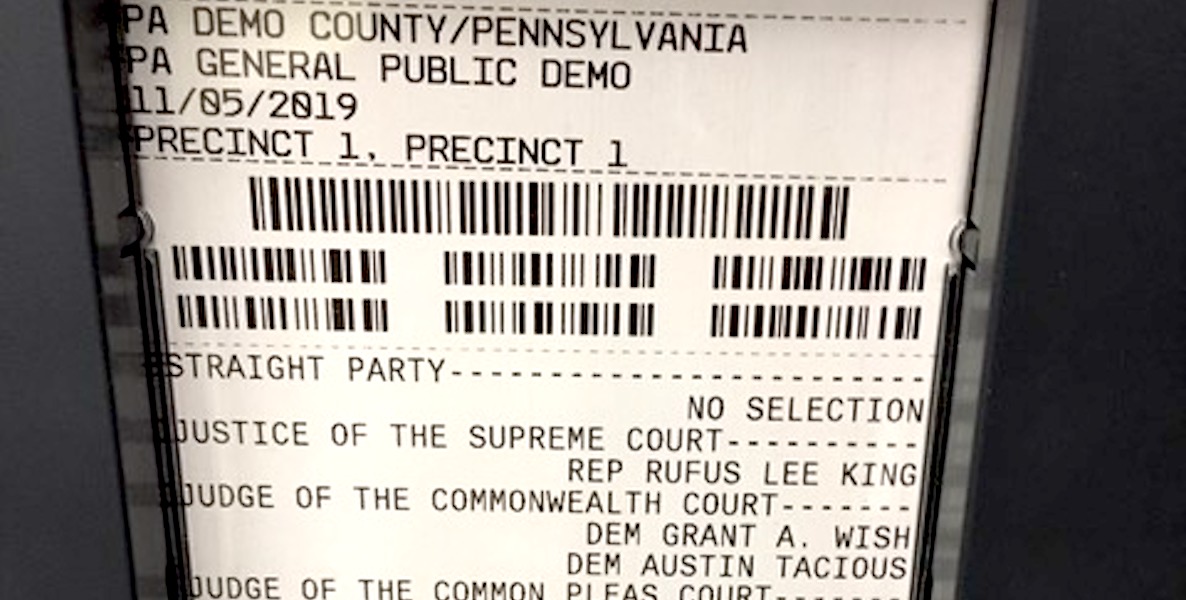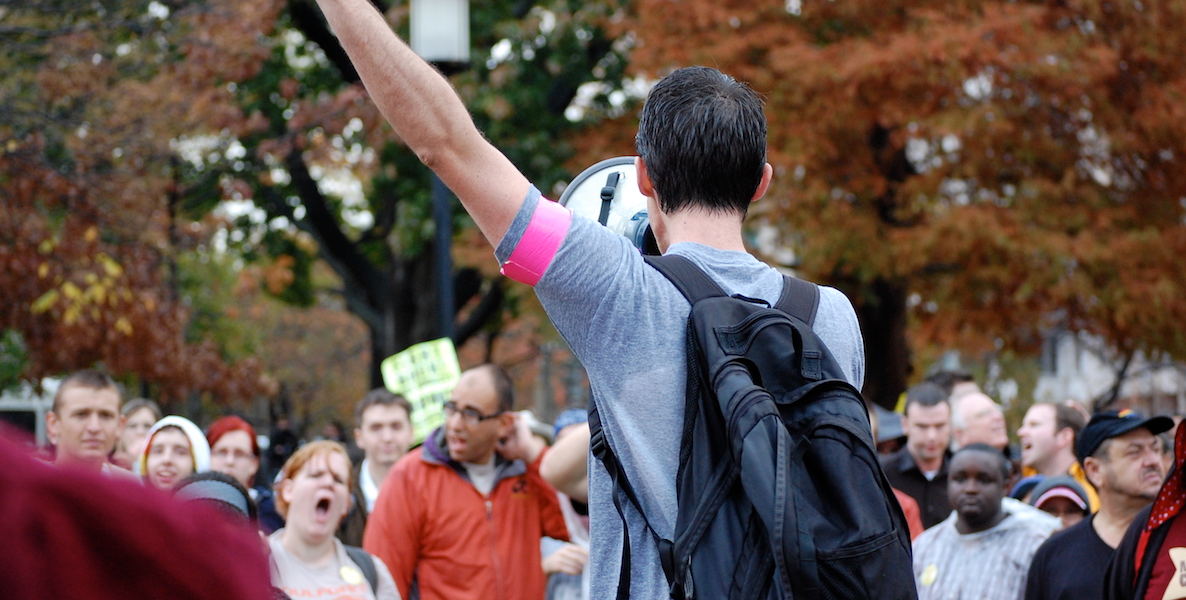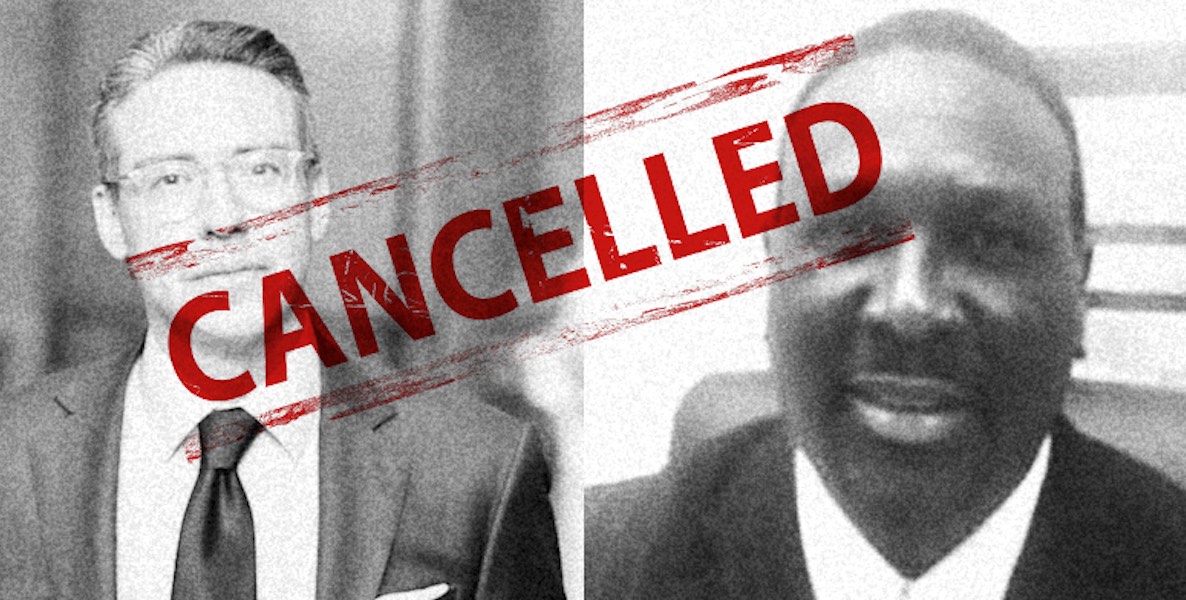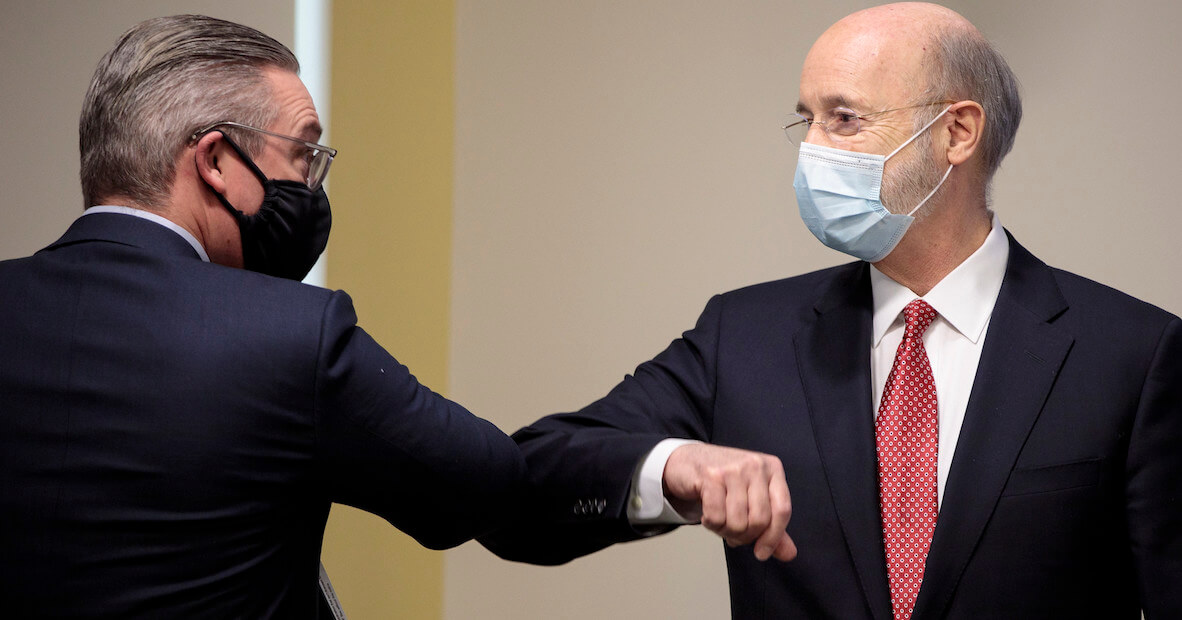to this story in CitizenCastListen
When I first became involved with city government in 1986, I did not understand the City Commissioners Office. To me, it was just a place where a political person could get a job, a patronage haven for the respective parties. Why did this office exist? Why did election commissioners go to conferences with County Commissioners from across the Commonwealth, even though the jobs had little in common?
The sense there was a better way was part of my core civic belief—until 2020. Now I see the need for the system and to advocate for the elimination of the office would be to not understand the country in which we live.
Starting with the 2020 primary, our electoral infrastructure was challenged as never before: beginning with purchasing new voting machines with a paper backup to protect us from foreign interference; to the barriers created by Covid; to implementing mail-in voting.
Commend our Commissioners Do Something
We should be congratulating Lisa Deeley, Omar Sabir, and Al Schmidt, not trying to push them out.
“Government reform is good, but it also must occur in the context of time and place. Now is not the time and Philadelphia is certainly not the place. So let’s agree we may have stumbled into a system that has had its flaws in the past but is the best path for the future.”
But here’s why the advocates of elimination are wrong. It was apparent Philadelphia was to become the center of the presidential election universe. Donald Trump pronounced it as such early in the process. The commissioners knew they were on the spot in the lead up to Election Day, but they could not have anticipated the focus on their counting in the days that would follow. The only visitors spending money to aid our hospitality industry were the hundreds of news media outlets sent here to camp out at the Convention Center as well as the protestors on both sides of the campaign.
About our City Commissioners OfficeRead More
If it was Mayor Kenney out front, he could not have commanded the same sense of bipartisanship as our commissioners. Their success is worth celebrating, rather than tearing down.
Unfortunately, our elections will have this scrutiny and acrimony for the foreseeable future, which is why the commissioners must stay an elected bipartisan board. Though Schmidt is leaving, it will be up to another GOP commissioner to vouch for the transparency of the process. It is more essential than ever that the three work together as one. Pennsylvania and Philadelphia will be a battleground for many cycles to come.
But let me suggest one change: Just as our City Council must have two members of a minority party, so too should the commissioners. This third member should be a member of the Republican Party. It is imperative that this be codified to prevent anyone other than a Republican from sitting in this seat. This is not a criticism of an independent or another party, but rather a statement of political practicality.
“Bad things” are less likely to be perceived as happening in Philadelphia when the Board has a Republican. My fix, then, would be to make a requirement for that seat to be from a party that has fielded candidates in Pennsylvania for president and every statewide office, for three consecutive cycles.
Government reform is good, but it also must occur in the context of time and place. Now is not the time and Philadelphia is certainly not the place. So let’s agree we may have stumbled into a system that has had its flaws in the past but is the best path for the future.
Larry Ceisler is founder of Ceisler Media and Issue Advocacy. The firm has offices in Philadelphia, Harrisburg and Pittsburgh. He is a longtime observer of Philadelphia politics and government and has seen it all.



